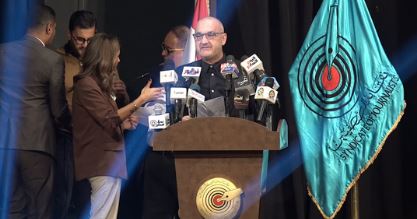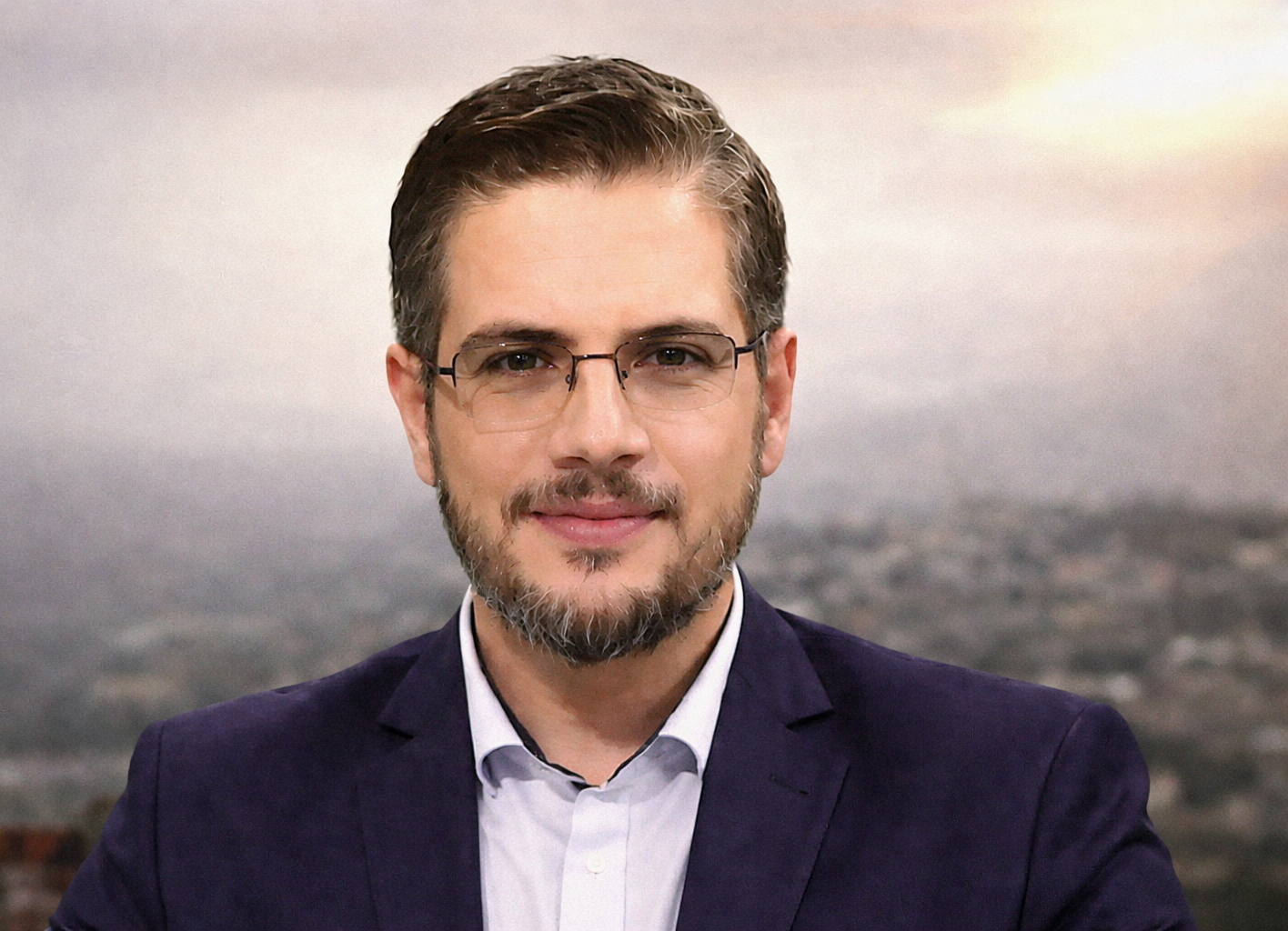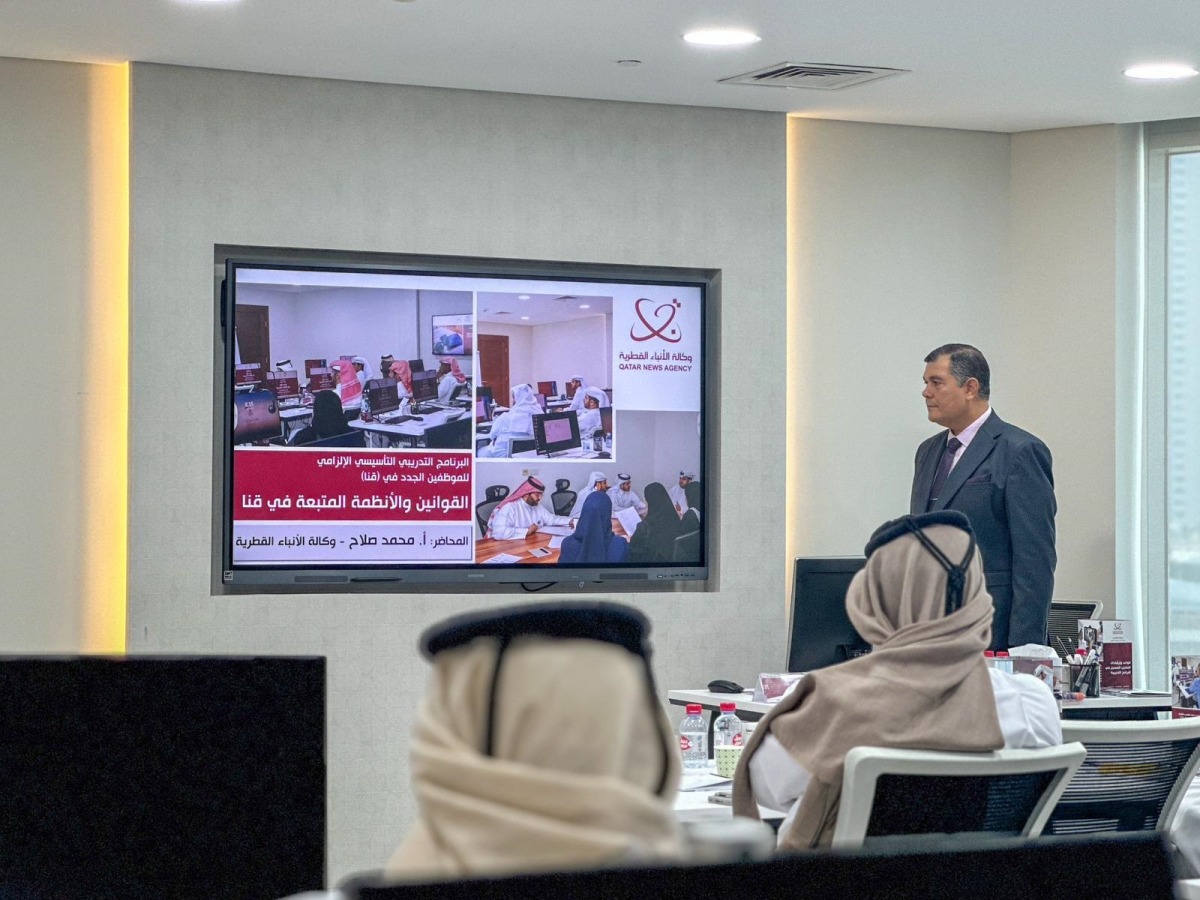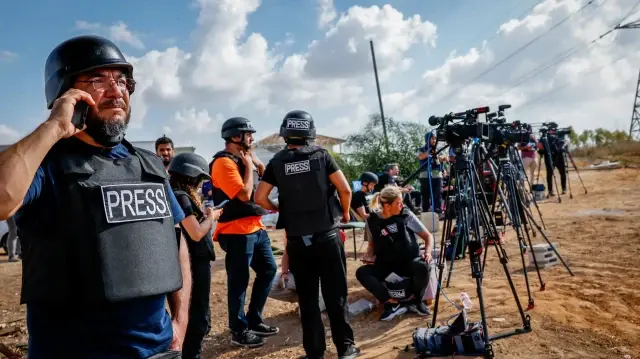
The Smear Campaign Against Anand Mangnale
December 20, 2024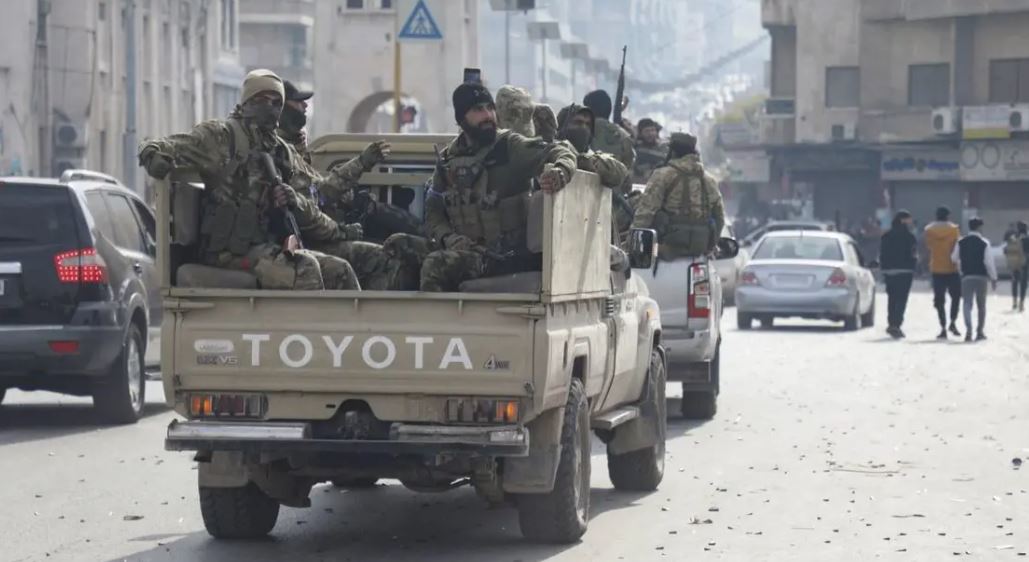
The Killing of Kurdish Journalists Nazim Daştan and Cîhan Bilgin
December 20, 2024December 20, 2024 – Egypt –
The International Federation of Journalists (IFJ), alongside the Egyptian Journalists’ Syndicate (EJS), has made an urgent appeal to President Abdel Fattah El‑Sisi to immediately and unconditionally release twenty‑four journalists currently detained in Egypt. Their appeal followed the IFJ delegation’s attendance at the EJS’s sixth general conference in Cairo from December 14 to 16, 2024, where IFJ General Secretary Anthony Bellanger emphasized the human and professional toll of prolonged imprisonments. He underlined the importance of solidarity and pledged cooperation on international advocacy, digital safety training, and press freedom reporting.
The IFJ delegation met with exiled Sudanese, Yemeni, and Palestinian journalists based in Egypt, highlighting the region-wide threats to media freedom. Meetings with the Sudanese Union of Journalists and exiled Yemeni press representatives addressed their dire working conditions, while discussions with Palestinian journalists underscored the humanitarian impact of the Gaza conflict. Bellanger announced concrete plans to support these groups through training and safety initiatives.
In response to these efforts, President El‑Sisi issued pardons on December 24 that freed two journalists imprisoned by a military court and led to the acquittal of another in the appellate court. These victories were hailed by both EJS and IFJ, though both organizations emphasized that twenty-four journalists still remain in custody, many held without formal charges and in pretrial detention for more than two years.
EJS Freedom Committee Chair Mahmoud Kamel praised the releases but insisted the campaign must continue until all detained media workers regain their freedom. He noted that a majority have been incarcerated beyond Egypt’s legal limits for pretrial detention. Bellanger reiterated that no journalist should suffer imprisonment for reporting or expressing an opinion and reaffirmed the IFJ’s ongoing advocacy and support.
Egypt’s crackdown on critical voices reflects systemic violations of press freedom and human rights. International observers, including the Committee to Protect Journalists, have also pressured world leaders to challenge Egypt’s record, particularly in cases involving journalists like Alaa Abd El‑Fattah and independent outlets blocked for their reporting.
The IFJ and EJS pledge to maintain momentum through continued legal support, training programs, and public campaigns. Their coordinated efforts underscore that securing the freedom of these journalists remains critical not only for the individuals affected but for the integrity of journalism and broader democratic principles in Egypt.
Reference –

